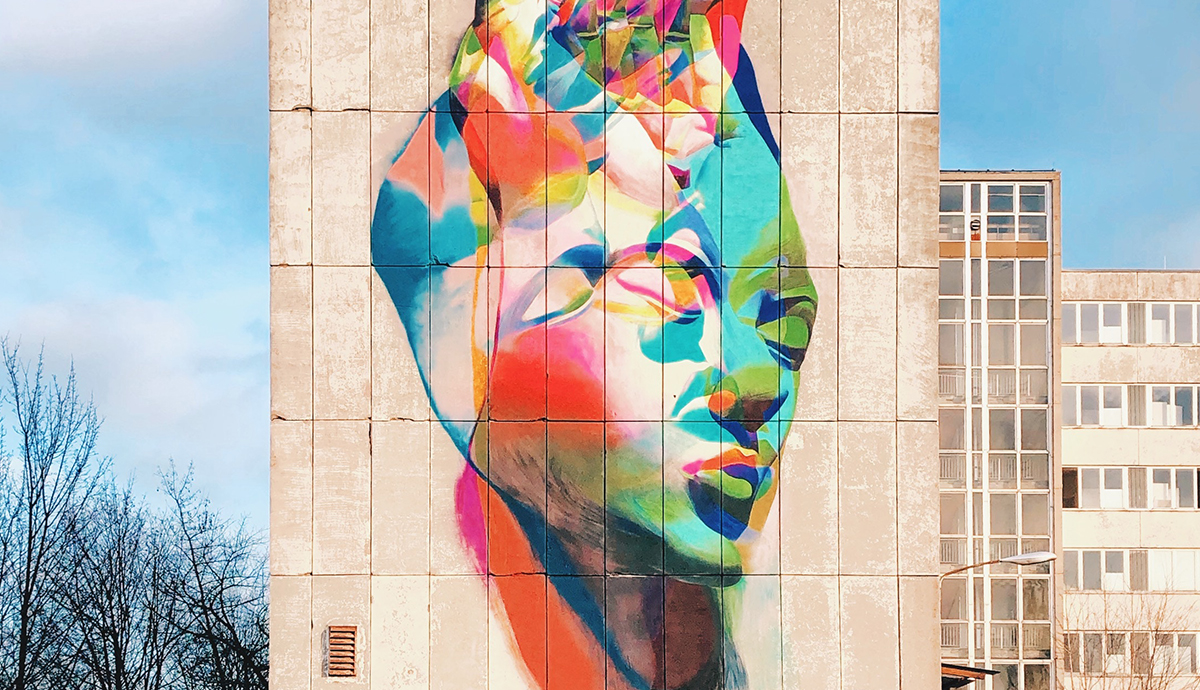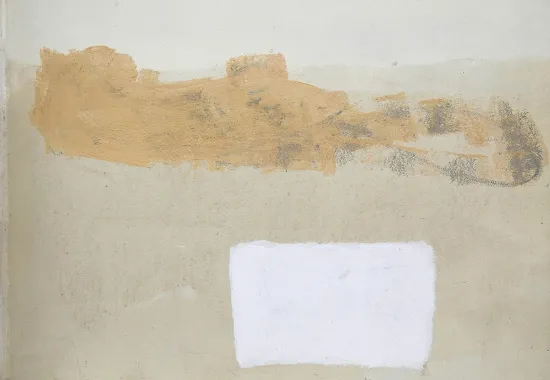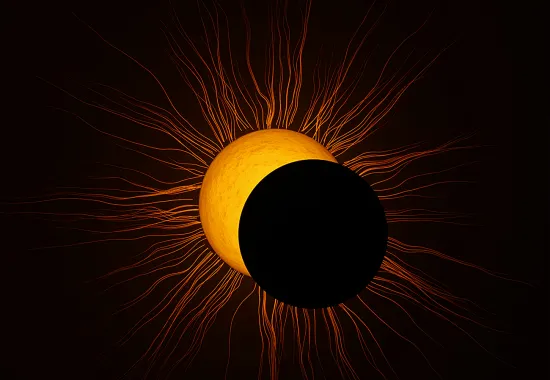“Consideration Of Self In Poetry: You & The Page”

Felicia Zamora’s Poem “A Long Road Never Takes Us” Will Appear In Nar Issue 302.1.
What brings you to the page? The incessant lull of the image? Perhaps the habitual pace around the desk, in taunt of your time? The spark of unexplainable inspiration that requires you to bolt toward any mechanism of capture to get it down? The guilt that burrows dark, behind pupils, under the sheets, wheezing, Why are you not writing? All these things may bring you to the page at one time or another, and the list of a gazillion other illuminating and dreadful reasons, but the importance lies in you being at the page.
A wise women once told me, if you aren’t at the table, you don’t have a voice, and if you don’t have a voice, decisions and policies are made for you. As a biracial woman poet, first generation college graduate from a low socioeconomic class, her words, being at the table, haunt me. Historically, human nature is infamous for making decisions for people, without the impacted peoples’ voices being taken into consideration. To not sit at the table, to ignore my voice, means allowing others to speak for me. How can anyone speak for me, no one lives inside this flesh, inside this cognition but me? My voice, my unique voice, requires me to wield it, to let it be heard, to sing when no one has asked me to sing, or wanted me to sing, and yet I do, as to not give my voice over to others. We must bring the self, with all its complexities, to the discussion or we, as a collaborative society, risk drowning out the voices we need to hear the most.
So what of this discussion and where does poetry reside in all of this? Poetry: the ubiquitous composition of literary elements that we can’t quite capture (thankfully), yet brings us to utter poem. Like the self, poetry will always remain part mystery, part companion, part echo in the brain that keeps a forever whisper. What we know about poetry and what we have yet to explore about poetry are legs of the same body in our exploration of it. As I ponder what poetry is, I find more pressing the question of where poetry is.

Consider yourself a human being. Now, consider yourself a cellular being. Now consider your past, the string of stories that web you. See where this is going? You need not dig very deep before you find yourself cerebellum deep in a poem. For me, to be at the table is to be at the page. For me, the discussion lives in poetry. Poetry lives everywhere, in each one of us. Each person brings enough inside them when in approach of the page, each time, without question. Yet, questioning at the page allows us to evolve the self, evolve readers and society, and sit at the table discussing what we must as a collective unit of beings.
We don’t always arrive at the page a welcome guest, as there are difficult topics to be discussed; yet the importance of word to world swells inside us. I learned very early on that words have weight. I believe words have weight. When I was five, my Caucasian grandfather looked me over and said, you dirty little spic, you’ll amount to nothing. Those words held weight, heavy weight. So what did I do with all that weight? I used the weight as fuel, as energy to become, to prove him utterly incorrect and to demonstrate how powerful and accomplished the self, myself, could be. Understanding the weight of my words and of other’s words allows me to interact with the world and word with witness, with delicacy, with desire to listen more often than speaking.
To ingest word and world and other’s voices is to feed the self, to feed one’s own voice, to take all this weight in and listen. Therefore, when my voice arrives with me at the page, I listen. Here in lies the crux of approaching the page: the practice, itself, of writing. In practice, we arrive at the page just as billions of others also arrive at the page. We become more engaged with our collective, the collective of humanity, in the practice of writing. We become history levering history; we share in the commons of language and action and life lived to call ourselves, our society, and our world into question. In the practice of writing, in our questions of self, word, and world, we make ourselves vulnerable to others and to the art itself. When we are vulnerable, we let both the art and others inside us—we connect to the larger discussion; we sit at the table.
Recommended
Mercy
Eclipsing
Psychic Numbing






